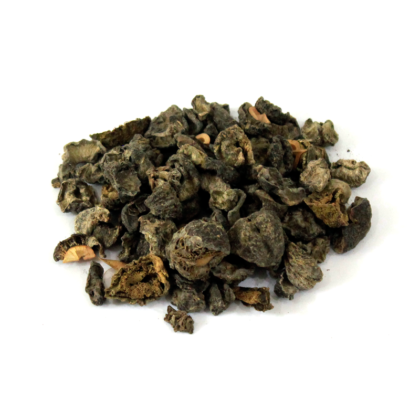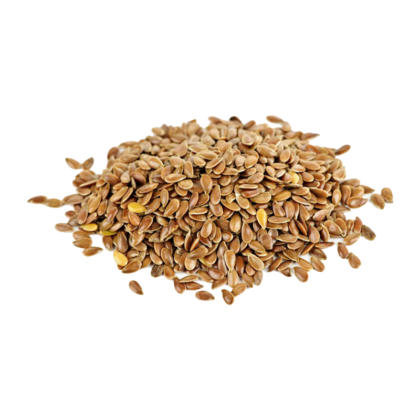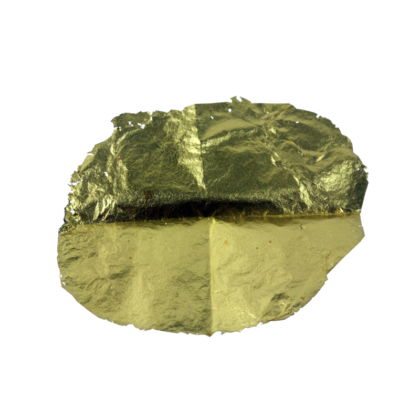Sal Tree Price in Pakistan
The Sal Tree, scientifically known as Shorea robusta, is a prominent tree species found in Pakistan. It is highly valued for its durable timber and various medicinal properties.
We will discuss the price of Sal Tree in Pakistan, along with its names in Hindi, Urdu, English, French, and Arabic. Additionally, we will explore five benefits, five usages, and five precautions associated with the Sal Tree.
Price of Sal Tree in Pakistan
The price of Sal Tree in Pakistan can vary based on factors such as size, quality, and market demand. On average, the price per cubic foot of Sal Timber can range from PKR 8,000 to PKR 12,000. However, it’s important to note that prices may fluctuate depending on local market conditions and availability.
Names of Sal Tree
Here are the names of Sal Tree in different languages:
Hindi: शाल वृक्ष (Shaal Vriksh)
Urdu: سال درخت (Saal Darakht)
English: Sal Tree
French: Arbre de Sal
Arabic: شجرة السال (Shajarat as-Sal)
Benefits of Sal Tree
Timber and Construction: Sal Tree is highly valued for its timber, which is known for its strength and durability. It is extensively used in construction, making furniture, doors, windows, and other wooden structures.
Medicinal Properties: Various parts of the Sal Tree, such as the bark, leaves, and resin, have medicinal properties. They are used in traditional medicine to treat ailments like diarrhea, dysentery, skin infections, and inflammation.
Environmental Importance: Sal Trees play a crucial role in the ecosystem by preventing soil erosion, conserving water, and providing shade. They contribute to the overall biodiversity and help maintain a healthy environment.
Ayurvedic Medicine: In Ayurveda, the traditional Indian system of medicine, Sal Tree is considered sacred. It is used in various Ayurvedic preparations to treat digestive disorders, respiratory issues, and improve overall health.
Timber Export: Pakistan exports Sal Timber to other countries, which contributes to the country’s economy. The high-quality timber is sought after in international markets for its durability and versatility.
Usages of Sal Tree
Timber and Furniture: Sal Timber is widely used in the construction industry for making doors, windows, flooring, and furniture. The hardwood is known for its resistance to decay, making it suitable for long-lasting structures.
Ayurvedic Medicine: Various parts of the Sal Tree, including the bark, leaves, and resin, are used in Ayurvedic medicine. They are formulated into powders, decoctions, and oils for treating ailments and improving overall health.
Incense and Perfumes: The resin of the Sal Tree, known as Sal Resin or Sal Dhoop, is used in making incense sticks and perfumes. It has a pleasant fragrance and is believed to have purifying and calming properties.
Fuelwood and Charcoal: The wood of the Sal Tree is used as fuelwood for cooking and heating purposes. It is also converted into charcoal, which is used for various applications, including cooking, barbecuing, and industrial processes.
Handicrafts and Artifacts: The durable and beautiful grain of Sal Timber makes it ideal for crafting intricate wooden handicrafts, sculptures, and artifacts. It is often carved and used for decorative purposes.
Precautions for Using Sal Tree
Sustainable Harvesting: It is crucial to practice sustainable harvesting of Sal Trees to ensure their long-term conservation. Proper regulations and guidelines should be followed to prevent overexploitation and maintain ecological balance.
Allergies: Some individuals may be allergic to certain components of the Sal Tree, such as the resin or pollen. If you experience any allergic reactions, such as skin rashes or respiratory issues, discontinue use and seek medical advice.
Medicinal Use with Caution: While the Sal Tree has medicinal properties, it is advisable to consult a qualified healthcare professional or Ayurvedic practitioner before using it for medicinal purposes. They can provide appropriate guidance on dosage and usage.
Legal Considerations: Ensure that the Sal Timber or any Sal Tree products you purchase or use comply with legal regulations and sustainability standards. Illegal logging and trading of Sal Trees can contribute to deforestation and environmental degradation.
Side Effects: Excessive consumption or use of Sal Tree products may have adverse effects. It is important to adhere to recommended dosages and usage instructions to avoid any potential side effects or interactions.
The Sal Tree holds significant value in Pakistan for its timber, medicinal properties, and environmental importance. While the price may vary, the benefits and usages of the Sal Tree are diverse, ranging from construction and medicinal applications to handicrafts and incense. However, it is important to exercise caution, follow sustainable practices, and be aware of any allergies or potential side effects associated with the Sal Tree.
You can also view this products: Sal Ammoniac Price in Pakistan Gulancha Tinospora Price in Pakistan





Reviews
There are no reviews yet.